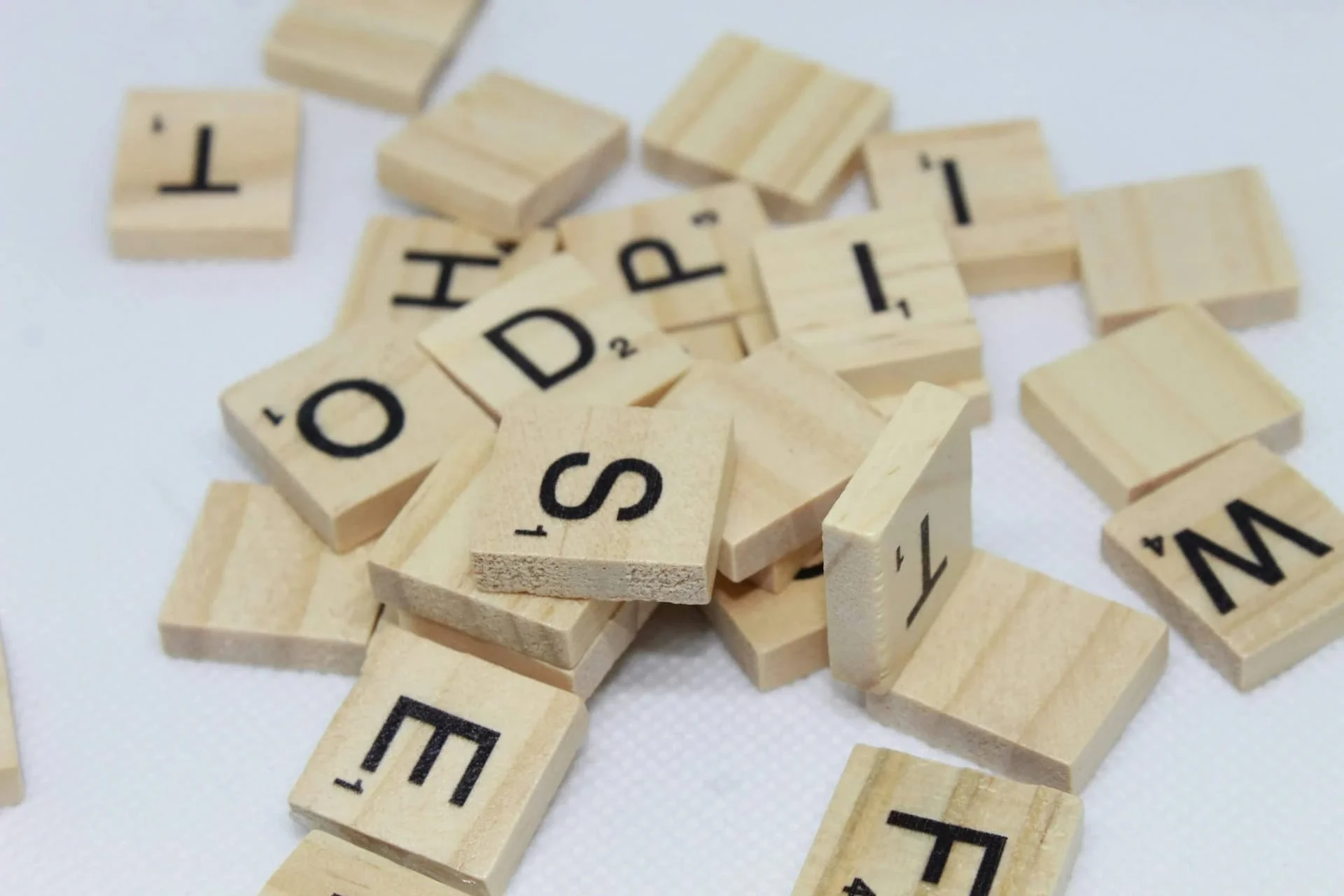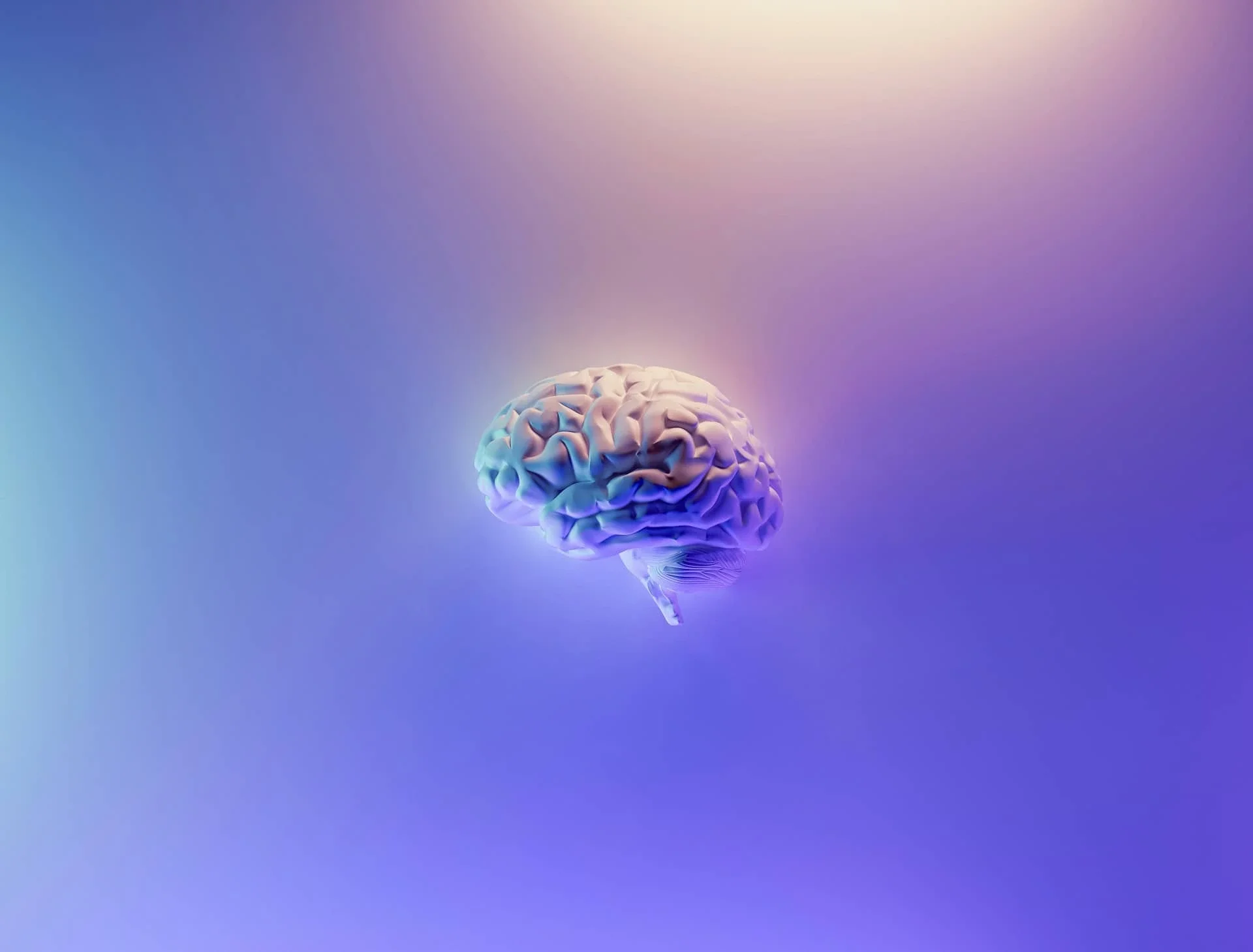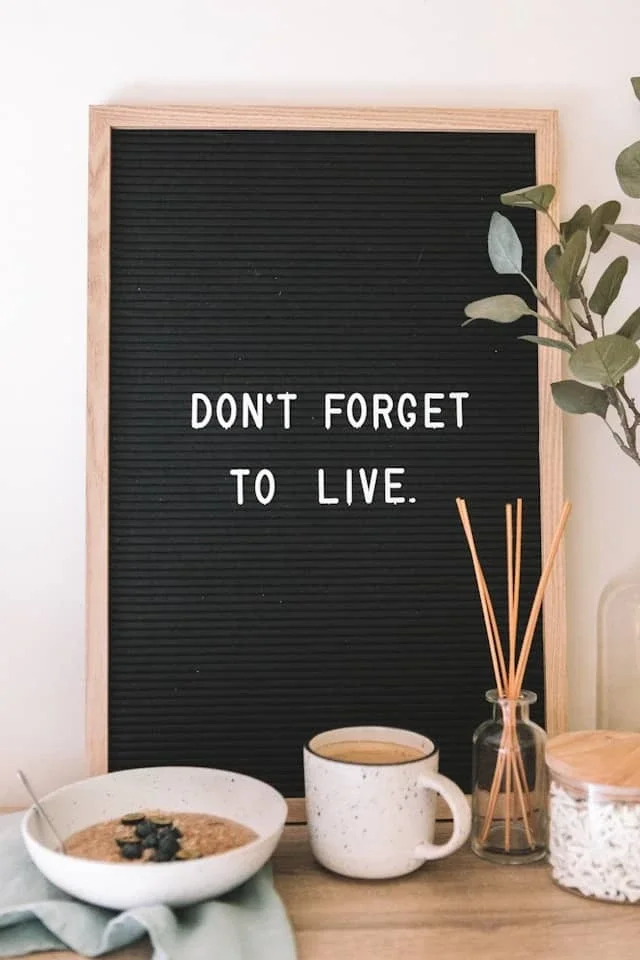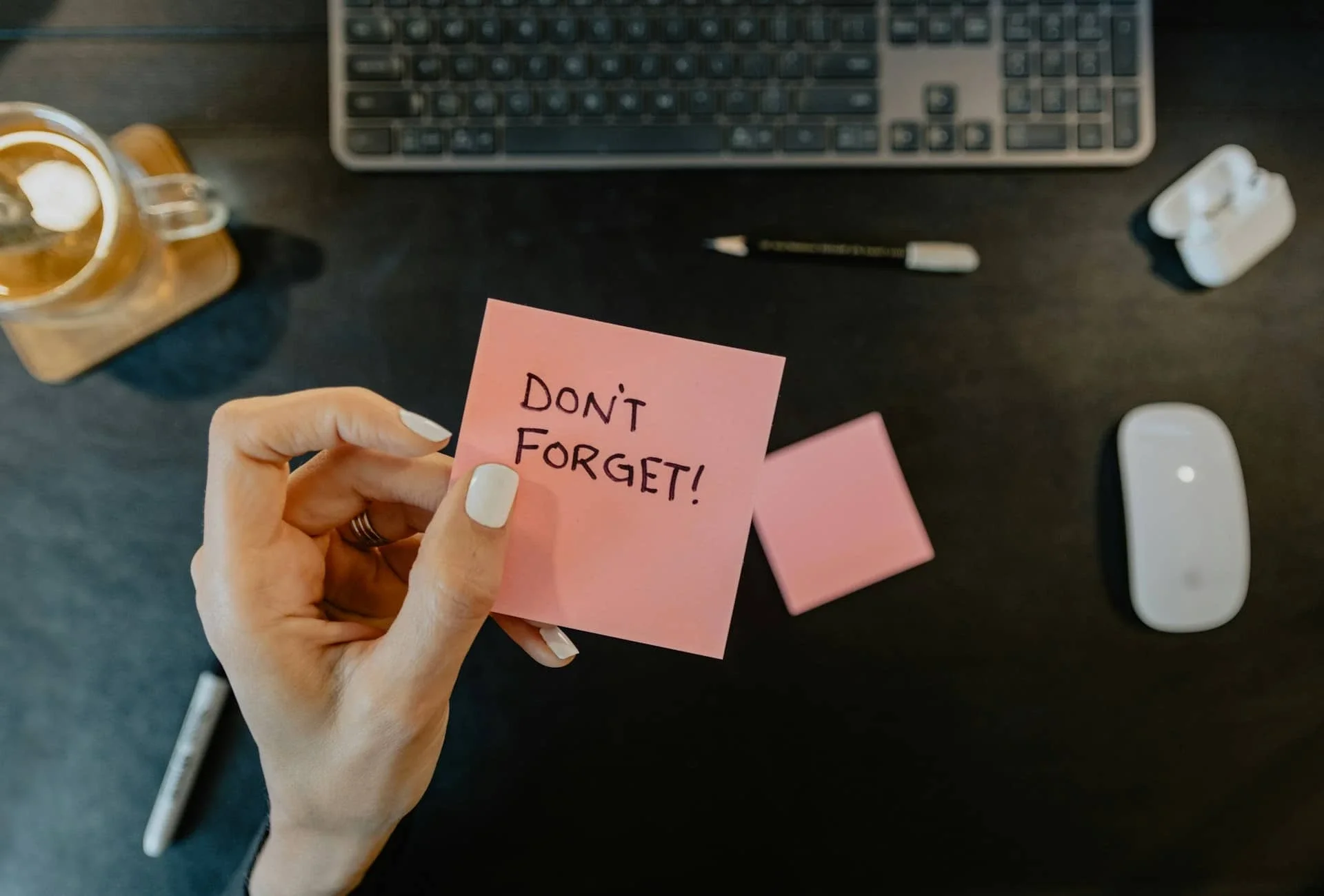Adult Language Therapy in South Florida (Aphasia)
Aphasia can change everything: your ability to speak, understand, read, or write. But with the right support, recovery is possible.
Nina offers in-home language therapy for adults with aphasia, providing one-on-one treatment that is functional, personalized, and grounded in the latest research.
Whether you’re recovering from a stroke or adjusting to a neurological condition, Nina helps you rebuild language in a way that’s empowering and human.
Get Started with Aphasia Therapy
Complete this quick form and Nina will contact you within 24 hours to discuss your needs.
What Is Aphasia?
Aphasia is a language disorder caused by damage to the brain — most often from a stroke, but also from traumatic brain injury, brain tumors, or progressive neurological diseases like primary progressive aphasia (PPA).
It can affect your ability to:
Speak clearly
Find the right words
Understand others
Read and write
Follow conversations or tell stories
Aphasia does not affect intelligence. It affects access to language. That means a person with aphasia may know exactly what they want to say, but struggle to get the words out.
Types of Aphasia Nina Treats
Expressive Aphasia (Broca’s): Difficulty forming words and sentences
Receptive Aphasia (Wernicke’s): Difficulty understanding language
Global Aphasia: Severe impairment in both expression and comprehension
Anomic Aphasia: Difficulty finding the right words, especially nouns
Primary Progressive Aphasia (PPA): Gradual loss of language ability
Each type of aphasia requires a different therapeutic approach — Nina carefully evaluates each patient and creates a plan based on their strengths, needs, and goals.
Language Therapy Techniques Nina Uses
Nina’s approach to aphasia therapy is rooted in evidence-based practices, including:
Response Elaboration Training (RET): Expanding upon what the patient can say to improve sentence structure and vocabulary
Semantic Feature Analysis (SFA): Strengthening word-finding through meaning-based associations
Melodic Intonation Therapy: Using melody and rhythm to support speech production
Script training for real-world conversations
Augmentative strategies (e.g., writing, drawing, gestures) to improve communication
Home practice routines tailored to daily life
All therapy takes place in your home, allowing Nina to integrate real-life situations into sessions — from ordering takeout to calling a family member or reading the mail.
What to Expect from Language Therapy
Every person with aphasia is different. Some want to regain conversational speech. Others want to be able to text family members, follow a TV show, or feel more confident in public.
With time and the right support, therapy can help:
Improve clarity and flow of speech
Strengthen word-finding and vocabulary
Increase understanding of spoken and written language
Rebuild reading and writing skills
Reduce frustration and build confidence
Empower caregivers with tools to support communication
Nina helps patients and families set meaningful goals and work toward them with patience, consistency, and care.
In-Home Aphasia Therapy Throughout Palm Beach County
Nina provides in-home aphasia therapy for adults across:
West Palm Beach and nearby communities
Her one-on-one model ensures focused care in a quiet, familiar setting — ideal for those who struggle in busy clinics or noisy environments.
Book a Free Consultation
If you or a loved one is living with aphasia, language therapy can make a life-changing difference. Nina offers a free consultation to learn more about your needs and recommend the best path forward.
Call (561) 797-2343 or fill out the Contact Form to schedule your consultation.
You know what you want to say. Let’s work together to help you say it.
Frequently Asked Questions: Language Therapy for Aphasia
What is aphasia?
Aphasia is a language disorder that affects a person’s ability to speak, understand, read, or write. It’s most commonly caused by a stroke, but it can also result from brain injury, tumors, or progressive neurological diseases.
Aphasia does not affect intelligence — it affects the brain’s ability to access and use language.
What are the different types of aphasia?
There are several forms of aphasia, including:
Expressive aphasia (Broca’s): Difficulty forming full sentences or speaking fluently
Receptive aphasia (Wernicke’s): Trouble understanding language
Global aphasia: Severe challenges in both understanding and expression
Anomic aphasia: Difficulty finding the right words, especially nouns or names
Primary Progressive Aphasia (PPA): A gradual, progressive loss of language skills
Each type requires a tailored therapeutic approach, which Nina carefully designs based on your individual needs.
What causes aphasia?
The most common cause is stroke, particularly if it affects the left side of the brain, which controls language for most people. Aphasia can also result from:
Traumatic brain injury
Brain tumors
Neurodegenerative diseases (such as PPA or Alzheimer’s)
Infections or other neurological conditions
Can aphasia improve with therapy?
Yes. With consistent, evidence-based therapy, many individuals with aphasia regain significant language skills. Recovery varies depending on the cause, severity, and how early therapy begins.
Even when full recovery isn’t possible, therapy can help maximize communication, reduce frustration, and support independence.
What does aphasia therapy involve?
Aphasia therapy focuses on rebuilding language pathways and teaching alternative strategies to support communication.
Nina uses evidence-based approaches such as:
Response Elaboration Training (RET)
Semantic Feature Analysis (SFA)
Scripted practice
Augmentative and alternative communication (AAC) tools
Home-based conversational coaching
Reading and writing exercises
Therapy is functional and personalized — built around your everyday needs, whether it’s holding a phone conversation, texting family, or ordering food.
How is therapy adapted for people with limited speech?
Nina meets each patient where they are. For individuals with limited or no speech, she focuses on:
Gestural communication
Writing and drawing
Using communication boards or speech apps
Expanding any vocal or sound-based communication
Training caregivers to understand and support communication attempts
The goal is always to increase successful expression, in whatever form works best for the individual.
Can therapy help with Primary Progressive Aphasia (PPA)?
Yes. While PPA is a progressive condition, therapy can:
Help preserve communication skills for as long as possible
Teach compensatory strategies for both patients and caregivers
Support emotional well-being and reduce communication-related stress
Adapt the environment to support function
Nina has experience working with patients with PPA and other progressive neurological disorders.
How does in-home therapy work?
Nina comes directly to your home and provides one-on-one, personalized sessions in a quiet, familiar environment. This setting is ideal for aphasia therapy, as it reduces distractions and allows therapy to focus on real-life communication tasks — like answering the phone, reading mail, or having a meal-time conversation.
How long does therapy take?
Each person’s recovery is unique. Nina works with you to create specific, measurable goals and adjusts your therapy plan based on progress.
Some individuals work on short-term goals (like word retrieval), while others benefit from longer-term therapy, especially after a stroke or with PPA.
Do you offer support for caregivers?
Yes. Nina includes caregivers in the therapy process whenever possible. She teaches:
Communication techniques that reduce frustration
How to support speech and comprehension at home
What to expect during recovery
How to maintain language abilities through daily interaction
Empowering caregivers is an essential part of successful aphasia treatment.
What other speech therapy services do you provide?
Cognitive-Communication Therapy – Strengthens memory, attention, reasoning, and problem-solving skills affected by illness, injury, or neurological conditions.
Speech Production & Articulation Therapy – Improves the clarity and accuracy of speech sounds for better understanding.
Voice Therapy – Treats hoarseness, strain, pitch issues, and other voice disorders to improve sound quality and comfort.
Swallowing Therapy (Dysphagia) – Builds swallowing strength and teaches safe, effective eating and drinking techniques.
Reading & Writing Support – Rebuilds literacy skills lost or reduced due to neurological changes or injury.
AAC (Augmentative & Alternative Communication) – Offers tools and strategies such as speech-generating devices or picture systems for severe communication challenges.
Functional Communication Skills – Focuses on practical communication for daily life at home, at work, and in social settings.
Progressive Disease Communication Support – Maintains and adapts communication abilities for conditions like Parkinson’s, ALS, and dementia.
What areas do you serve?
Nina provides in-home aphasia therapy across Palm Beach County, including:
West Palm Beach and surrounding areas
How do I get started?
Getting started is easy. Nina offers a free phone consultation to discuss your situation, answer your questions, and recommend next steps.
Call (561) 797-2343 or fill out the Contact Form to schedule your consultation.
Let’s take the next step together.
If you or a loved one is facing communication or swallowing challenges, we’re here to help. Fill out the form below and we’ll contact you within 24 hours to discuss your needs and schedule your first session.







